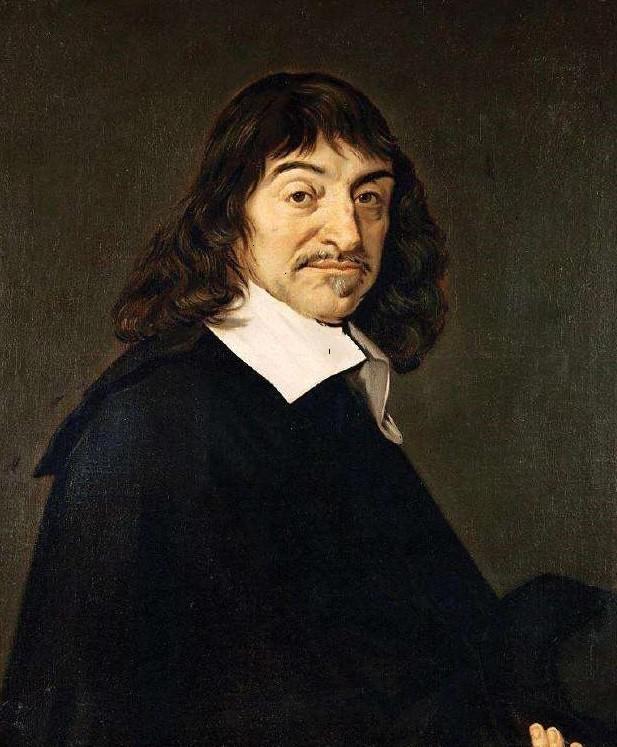The German philosopher Hegel called him the "father of modern philosophy", he was the pioneer of modern rationalism, his philosophy was self-contained, integrating materialism and idealism, and European philosophers after him were more or less influenced by him. He was also a mathematician, a physicist, a psychologist, and he was Descartes. Today, we will enjoy the French philosopher's ten maxims, understand the profound meaning and truth behind the words, and understand the absolute use.

It is said that Descartes had three dreams, namely to construct a "universal science", "scientific science", and "basic methodology", which became the first person since the European Renaissance to fight for and guarantee the right to reason for mankind. Although he was a Frenchman, he was not suitable for the "growth" of philosophy in the hustle and bustle of France at that time, so he came to the quiet and deep Netherlands and completed his philosophical works here. In his philosophical writings, he was able to reflect his attempts to answer all the problems of that era, to win knowledge for the new era, and to find the basis for the certainty of knowledge.
What is the background of Descartes' philosophical thought? In the era in which he lived, scholasticism was dominant, so people's minds were imprisoned, controlled, and they had no freedom to speak of. With the passage of time, people continue to explore the world, and in the new era, scholastic philosophy can no longer be applied to human beings, so human beings realize that scholastic philosophy must go down the stage of history. In this context, when people wanted to gain freedom and access to new science, Descartes criticized the old scholastic philosophy and opened the way to seek a new philosophy applicable to human development.
The philosophy of "rationalism" is at the heart of Descartes' thought, which holds that human knowledge must be based on reason, and that only reason can acquire knowledge. In Descartes' heart, he believed that knowledge could only be called true knowledge if it was based on a reliable foundation, and that the "reliable foundation" referred to reason. In addition, whether the "reliable foundation" is reliable is through "doubt" as the only means, and through "universal doubt" he deeply understands the world, human beings themselves, and mathematical concepts, and believes that all knowledge cannot withstand doubt. Thinking in reverse, Descartes believed that the only thing that knowledge could not be doubted was "I am doubting", and therefore proposed the famous classical philosophical proposition of "I think, therefore I am".
The most talked about feature of Descartes' philosophy is his mathematical deduction of reasoning methods, so his philosophical ideas are extremely concise and rigorous mathematical. Of course, this is not unrelated to his status as a mathematician, who is good at using reasoning, reasoning out the "truth" after repeated arguments, and he is the first "successful", which is unmatched by other philosophers. Moreover, Descartes's "rationalism" also implies idealism in the case of materialism, which is closely related to the background of the times in which he lived, and in the present, the idealism in his philosophical thought is untenable, but in the course of human development, it cannot be ignored. Therefore, we cannot measure the "truth" of hundreds of years ago with the eyes of the present.
Descartes was great, and his ideas influenced generations of philosophers. In "I Think, TheRefore I Am," Descartes emphasized the subjective agency of human beings in knowledge, an idea that inspired Kant and, to some extent, promoted the development of dialectics. His idealistic ideas, in turn, influenced Spinoza, who transformed them into their own views.
According to records, Descartes died on February 11, 1650, at the age of 54, today is his 372nd death anniversary, we come to appreciate his ten maxims, into his spiritual world, deep understanding of the truth behind the words, I believe you can feel something.